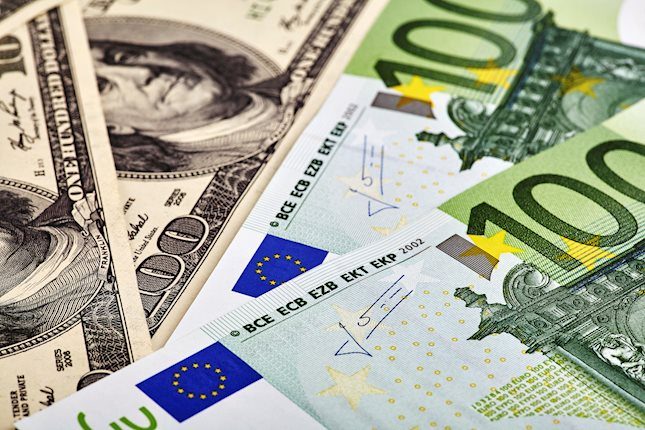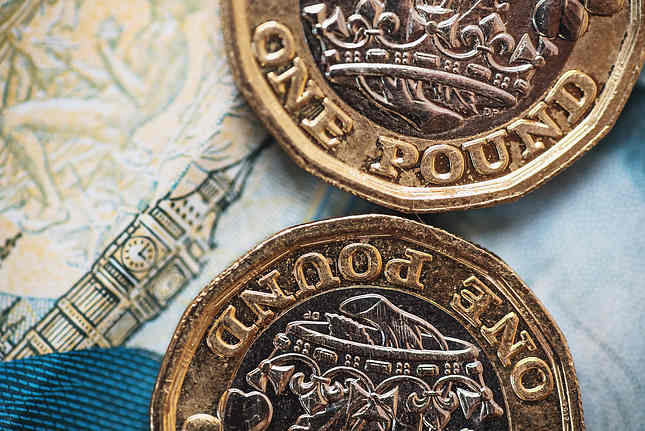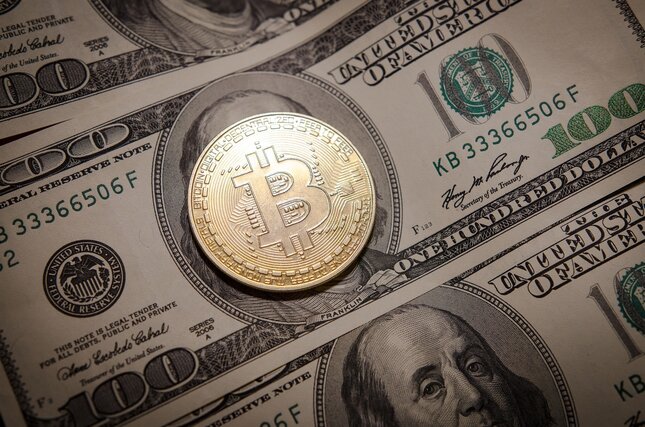Outlook:
Earnings season starts with week, with more wailing and gnashing of teeth over the too-strong dollar. Evidently multinationals only paid lip service to Talib’s The Black Swan when it was fashionable and wouldn’t know a fat tail if it hit them in the eye.
In Europe, fixed income investors are busily re-allocating portfolios. Norway’s sovereign wealth fund, hitherto the poster boy of excellence in management, will add Nigerian paper, according to Bloomberg, along with other emerging markets. Allianz is exiting Bunds to favor mortgages. Bloomberg reports that some €1.44 trillion of European sovereign debt, “valued at about $1.9 trillion as of their issue dates, from Germany to Finland and even Slovakia, carry negative yields. That means the bonds guarantee losses for buyers who hold them to maturity. In effect, investors are betting the securities will appreciate in price before then, allowing them to sell at a profit before they come due. On average, the 19 countries that use the common currency can effectively borrow euros for almost a decade and pay about 0.5 per-cent in interest, index data compiled by Bloomberg show.”
This is going to end in tears. For one thing, liquidity in the majors is drying up. Gaps on shocks are sure to follow. For another, “The bond market worldwide is more vulnerable to losses than at any time on record, based a metric known as duration, index data compiled by Bank of America show. The risk has ballooned as issuers worldwide took advantage of the decline in borrowing costs to sell more and more longer-term bonds. ‘This probably means we end up seeing all these reverse in a very unpleasant fash-ion,’” says the analyst.
It getting to be time to bash central banks. Maybe that’s why so many central bankers are out on the speaking circuit this week—Draghi, Yellen, Boc Poloz, BoE Broadbent, the IMF’s Blanchard and a slew of regional Fed presidents. Over the weekend, Atlanta Fed Lockhart stuck to the script of June-Sept but Chicago’s Evans named the risk of the strong dollar. Cleveland’s Mester named the robust economy and named a move to a “more normal” policy framework. Vice Chairman Fischer speaks at the Economics Club of New York, probably to standing room only. Not to diss the other Fed officials, but as head of the new international committee, Fischer is probably behind the new attention to the dollar.
Otherwise the data calendar is not terribly full. In the US, we get existing home sales and the FHFA house price index, although the biggie is probably tomorrow’s CPI. Housing data is sure to be very, very bad, and yes, we blame the weather that crippled the MidWest, NorthEast and some Southern markets. As market guru Lynne notes, the mortgage company won’t do a closing without insurance and looming storms prevent the insurers from committing.
As noted above, we need to worry about the customary Tuesday pullback after a big move near the end of the week before. This occurs more often than not, although a trigger to blame is always nice to have. Greece may provide one. Merkel’s invitation to Tsipras was made before the debacle last week when Greece failed to deliver a detailed alternative reform plan. Presumably Merkel plans to take Tsipras to the woodshed. Heaven only knows what Tsipras has up his sleeve. It seems obvious that an endgame is approaching and the Greeks have only a pair of deuces while Germany has a full house.
Bluffing may be fine in poker but not when everyone can see your hand. Tspiras is also planning a trip to Russia, but this seems unlikely to change his cards. The Greek online daily ekathamerini.com has a quote widely copied elsewhere from UniCredit chief economist Nielson: “I hope there’ll be a U-turn on policies in Athens, but I maintain my view that if not, the Greek economy will collapse and they’ll slip out of the eurozone into chaos. The Greek government ought to recognize that this is ‘endgame’ stuff.”
EC spokesman Schinas told reporters this morning "The Greek authorities have committed to presenting a list of reforms in the next few days. We are expecting it now. At this stage, strong political will by it-self does not suffice, it must translate into action and progress. We have fact-finding teams in Athens, policy talks may also be held in Brussels to facilitate this process -- there is a time for words and decla-rations but now is the time for work." Every ten minutes or so, we get a new comment—from Coeure, from Noyer—with the shocker coming from the Bundesbank monthly report” “The financial and state debt crisis ... has yet to be overcome…. individual states and investors should take primary responsibil-ity for their debts. In this respect, the currency union ought to be able to withstand the extreme case of the insolvency of a member state."
What can this mean? Presumably it’s preparation for German institutional investors, including banks, to get ready to write off Greek holdings. Or we could get Greek capital controls, ECB denials notwith-standing. It was Eurogroup chief Dijsselbloem who mentioned capital controls out loud. It’s not entirely a joke that the euro would benefit from Grexit, at least initially. But the framers of the Maastricht and other Treaties left out an exit methodology on purpose—an exit spells failure and raises doubts—many fully justified—about the eurozone, concept as well as management. The longer-term outcome is accel-eration of capital outflows from the euro. The euro as a share to total reserves is already down, according to the IMF. The WSJ reports “The share of reserves held in euros peaked in 2009 at nearly 28%, IMF data show. In the third quarter of 2014, the most recent data available, it fell sharply to 22.6%.”
Here’s a dandy quote from the CIO of JP Morgan Asset Management: “There are more and more euros being printed, but these are hot-potato euros.” The inevitable profit-taking pullback in the euro could easily turn into another rout. The Fed was a disappointment but the European situation is dire. It’s hard to see the euro continuing upward in this environment.
This morning FX briefing is an information service, not a trading system. All trade recommendations are included in the afternoon report.
Recommended Content
Editors’ Picks

EUR/USD clings to recovery gains near 1.0850 ahead of Fedspeak
EUR/USD trades in positive territory near 1.0850 on Friday following a four-day slide. China's stimulus optimism and a broad US Dollar correction help the pair retrace the dovish ECB decision-induced decline. All eyes remain on the Fedspeak.

GBP/USD pares UK data-led gains at around 1.3050
GBP/USD is trading at around 1.3050 in the second half of the day on Friday, supported by upbeat UK Retail Sales data and a pullback seen in the US Dollar. Later in the day, comments from Federal Reserve officials will be scrutinized by market participants.

Gold at new record peaks above $2,700 on increased prospects of global easing
Gold (XAU/USD) establishes a foothold above the $2,700 psychological level on Friday after piercing through above this level on the previous day, setting yet another fresh all-time high. Growing prospects of a globally low interest rate environment boost the yellow metal.

Crypto ETF adoption should pick up pace despite slow start, analysts say
Big institutional investors are still wary of allocating funds in Bitcoin spot ETFs, delaying adoption by traditional investors. Demand is expected to increase in the mid-term once institutions open the gates to the crypto asset class.

Canada debates whether to supersize rate cuts
A fourth consecutive Bank of Canada rate cut is expected, but the market senses it will accelerate the move towards neutral policy rates with a 50bp step change. Inflation is finally below target and unemployment is trending higher, but the economy is still growing.

Best Forex Brokers with Low Spreads
VERIFIED Low spreads are crucial for reducing trading costs. Explore top Forex brokers offering competitive spreads and high leverage. Compare options for EUR/USD, GBP/USD, USD/JPY, and Gold.